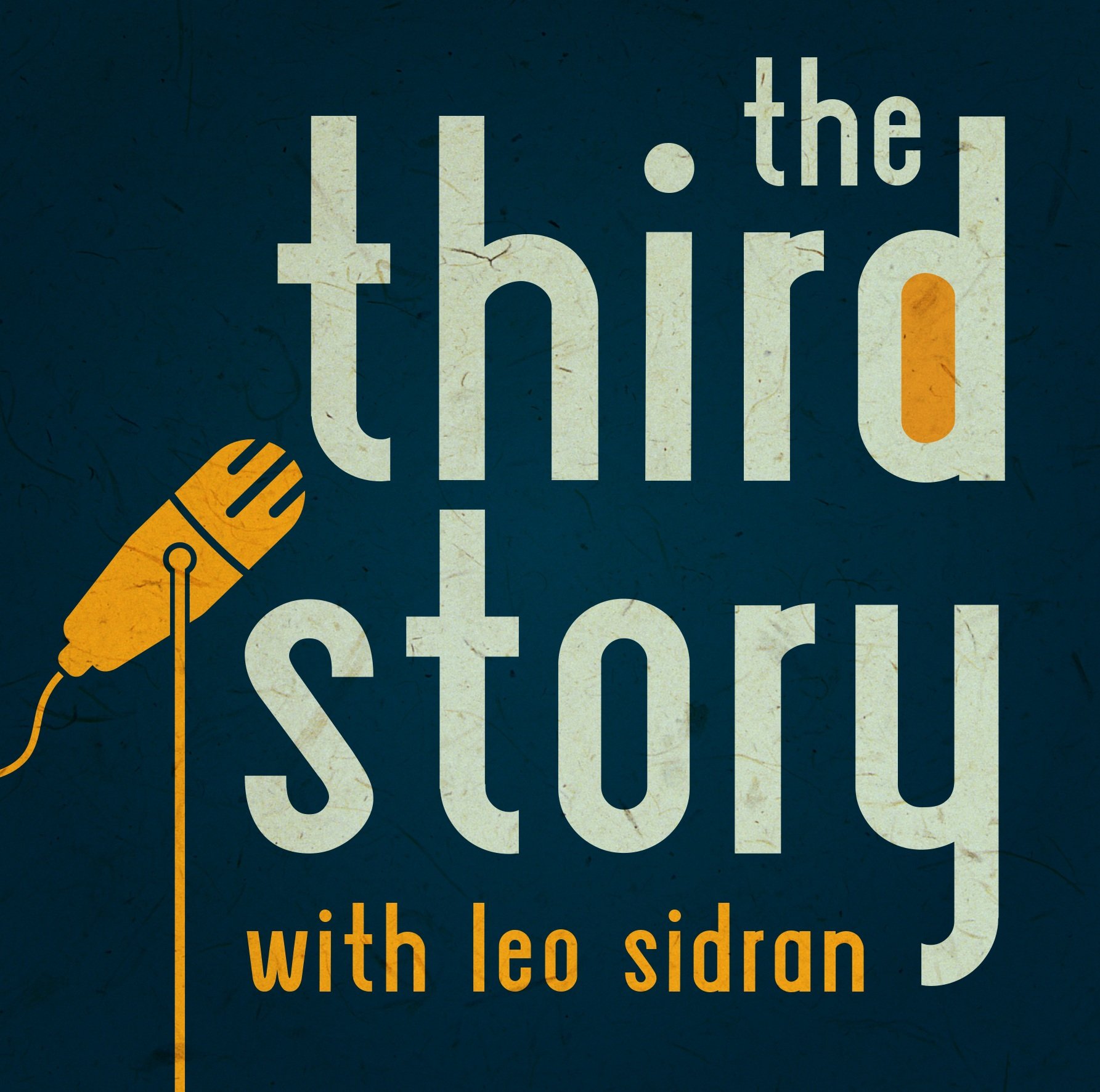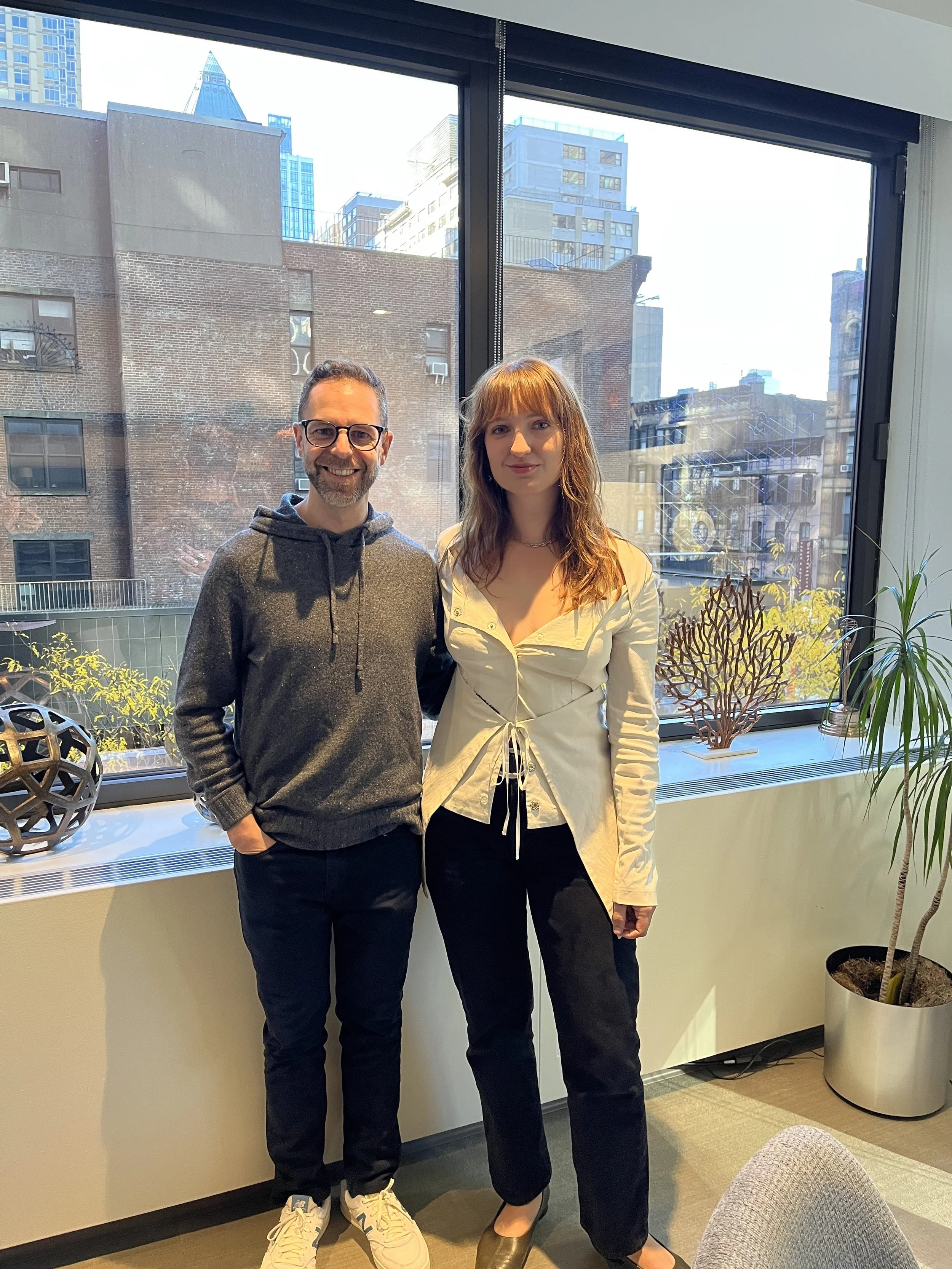309: Madison Cunningham
Madison Cunningham is not yet 30, but she has already lived through a chapter of life that many people don’t reach until much later. She married young, divorced young, and entered a period of accelerated adulthood marked by uncertainty, isolation, and emotional upheaval. Out of that experience came Ace—a collection of songs that meditate on the difference between happiness and contentment, and on the unexpected ways that joy and sorrow inform each other.
Cunningham grew up in Orange County, California, the eldest of five daughters in a deeply musical Christian household. Her father was a pastor, and by the age of twelve she was playing electric guitar in the church band, performing for thousands before she had ever heard The Beatles or Joni Mitchell. When she eventually discovered secular music as a teenager, it was transformative; it opened the door to harmonic experimentation and alternate tunings, long before she had the vocabulary to describe what she was doing.
She released her first EP at fifteen, followed by Love, Lose, Remember in 2017. Her breakthrough album Who Are You Now (2019) established her as one of the most distinctive new voices in American songwriting, earning a Grammy nomination and wide acclaim for its inventive guitar work and emotional clarity. Revealer (2022) won the Grammy for Best Folk Album and showcased a darker, more exploratory dimension of her writing. She toured with Chris Thile, Andrew Bird, and Punch Brothers, and earned praise from artists like John Mayer.
Then life intervened. Ace was written in the wake of her divorce, during a period when she was dismantling old assumptions and rebuilding her identity. The songs are not fueled by bitterness but by awareness—a searching, vulnerable attempt to understand what contentment might mean when familiar structures fall away.
With Madison Cunningham in New York, Oct 2025
Here, Cunningham reflects on her early musical formation, her artistic growth, the experience of rediscovering herself after profound personal change, and what it means to write truthfully in a moment when artists are often encouraged to explain themselves rather than simply express themselves.


